Understanding diesel engine oil specifications is essential for maintaining engine performance and longevity. Diesel engines rely on specific oil types to function efficiently, and knowing the right specifications can make a significant difference in performance. Today, we’ll explore API CK-4 and FA-4 diesel engine oil specifications, emphasizing their importance and unique benefits.
The American Petroleum Institute (API) sets quality and performance standards for engine oils. In December 2016, API introduced the CK-4 and FA-4 specifications to address the evolving needs of diesel engines, primarily improving fuel economy and reducing emissions. These specifications aim to enhance wear protection, reduce oxidation, maintain viscosity, and resist foam formation.
API CK-4 is designed for both current and older diesel engines, offering a backward-compatible solution that meets or exceeds previous standards like CJ-4. On the other hand, API FA-4 focuses on fuel economy and emission reductions but is not backward-compatible, catering to specific 2017 and newer truck models.
By understanding these specifications, you can choose the right oil for your diesel engine, ensuring optimal performance and longevity.
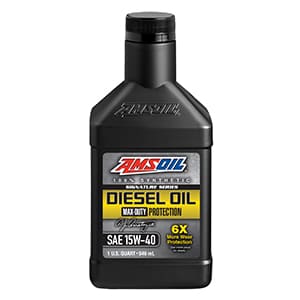
Overview of Diesel Engine Oil Specifications
Understanding diesel engine oil specifications is critical for maintaining the efficiency and longevity of your vehicle’s engine. Diesel engines, known for their robustness and power, require specific oil types to ensure they run smoothly under different conditions. The American Petroleum Institute (API) sets these specifications, ensuring quality and performance.
What is API?
The American Petroleum Institute (API) is a leading authority in setting standards for various products, including diesel engine oils. When you see API ratings on oil products, you can trust that the oil meets high-quality benchmarks for performance and protection.
API Diesel Engine Oil Specifications
In December 2016, API introduced two significant diesel engine oil categories: CK-4 and FA-4. These specifications aim to improve efficiency and reduce emissions in diesel engines. Let’s look at the key goals:
Reduce Emissions: Both categories aim to lower the harmful emissions produced by diesel engines.
Better Fuel Economy: Enhanced formulations help save fuel and reduce costs.
Reduced Oxidation: These specifications offer better resistance to breakdown from exposure to oxygen.
Viscosity Retention: They maintain their thickness and flow properties even under extreme conditions.
More Resistance to Foam: This trait ensures stable performance and prevents air bubbles that can impact lubrication.
Enhanced Wear Protection: They provide better protection against wear and tear, which is crucial for engine longevity.

API CK-4: For Current and Older Diesel Engines
The CK-4 specification is versatile and backward-compatible, meaning it can be used in both new and older diesel engines. If you need oil that meets CK-4, CJ-4, or earlier specifications, a CK-4 rated oil will suffice.
AMSOIL CK-4 Products
AMSOIL offers several CK-4 products designed to provide superior protection:
Signature Series Max Duty Synthetic Diesel Oil
Offers six times more wear protection.
Available in various viscosities: 5W-30, 0W-40, 5W-40, and 15W-40.
Heavy-Duty Synthetic Diesel Oil
Provides four times more wear protection.
Available in viscosities: 10W-30, 5W-40, and 15W-40.
API FA-4: Focused on Fuel Economy and Emissions
The FA-4 specification targets newer engines, specifically those from 2017 onward. Unlike CK-4, FA-4 oils are not backward-compatible, meaning they can’t be used in older engines. These oils are tailored for engines designed to comply with stricter emission standards and offer improved fuel economy.
While AMSOIL does not offer FA-4 products due to their limited demand, understanding this specification is essential if your vehicle requires it.
Key Takeaways
When selecting diesel engine oil, it’s crucial to consider the specific requirements of your engine. Whether you need the broad compatibility of CK-4 or the specialized focus of FA-4, knowing these specifications helps ensure your engine performs at its best.
Summary
By understanding diesel engine oil specifications like API CK-4 and FA-4, you can make informed decisions that benefit your vehicle and the environment. Stay tuned for more in-depth explorations of these specifications and their applications.
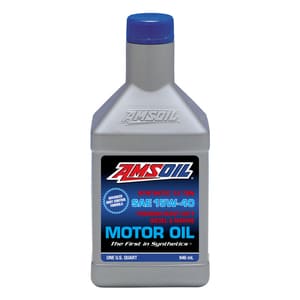
Understanding API CK-4
API CK-4 is a crucial specification for diesel engine oil, playing a vital role in keeping engines running smoothly and efficiently. This specification was introduced to enhance performance, provide better protection, and meet modern emission standards. Let’s explore the key features and benefits of API CK-4 for diesel engines.
Key Features of API CK-4
API CK-4 diesel engine oil is designed to cater to the demands of modern diesel engines. Here are some primary characteristics and performance benefits:
Enhanced Oxidation Stability
One of the standout features of API CK-4 is its improved oxidation stability. What does this mean for your diesel engine? Well, oxidation stability helps the oil resist breaking down under high temperatures. This leads to:
Longer oil life
Reduced deposits and sludge
Less frequent oil changes
Better Wear Protection
Engines, especially diesel engines, face significant wear and tear. API CK-4 oils offer superior wear protection. This is vital because it:
Prolongs engine life
Prevents metal-to-metal contact
Reduces maintenance costs
Advanced Shear Stability
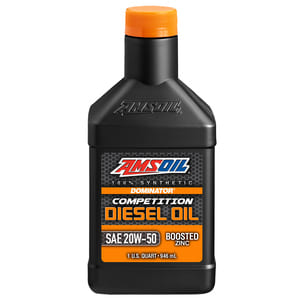
Shear stability refers to the oil’s ability to maintain its viscosity under mechanical stress. API CK-4 oils provide excellent shear stability, ensuring that the oil:
Maintains its thickness
Continues to lubricate effectively
Supports high-pressure fuel systems
Improved Aeration Control
Diesel engines can suffer from aeration, where tiny air bubbles form in the oil. API CK-4 oils are designed to combat this problem, offering:
Better foam control
Consistent oil flow
Enhanced protection, even under heavy loads
Low Emission Production
In line with modern environmental standards, API CK-4 oils help in reducing emissions. Whether you drive a truck, use farm machinery, or operate a construction vehicle, these oils:
Lower particulate emissions
Support cleaner engine operations
Contribute to eco-friendly engine performance
Versatility and Compatibility
One of the most impressive aspects of API CK-4 is its versatility. These oils are backward-compatible with older specifications like CJ-4, meaning they can be used in a wide range of older diesel engines without any issues. This compatibility allows:
Flexibility in oil selection
Ease of transition to newer oils
Broader applicability across different engine models
AMSOIL CK-4 Products
AMSOIL provides a variety of CK-4 products tailored to meet the needs of different diesel engines:
Signature Series Max Duty Synthetic Diesel Oil
Six times more wear protection
Available in 5W-30, 0W-40, 5W-40, and 15W-40
Heavy-Duty Synthetic Diesel Oil
Four times more wear protection
Available in 10W-30, 5W-40, and 15W-40
These options offer enhanced performance, making them a reliable choice for any diesel engine.
API CK-4 diesel engine oils clearly set a high standard for performance, protection, and environmental compliance. With their advanced features and wide compatibility, they are an excellent choice for both modern and older diesel engines.
Understanding API FA-4
API FA-4 is a relatively new specification for diesel engine oils, designed to meet tighter fuel economy and emissions standards. Unlike its counterpart, API CK-4, FA-4 is not backward-compatible and is meant to support newer engine technologies. Understanding the intricacies of API FA-4 will help you make the best choice for your diesel engine’s performance and longevity.
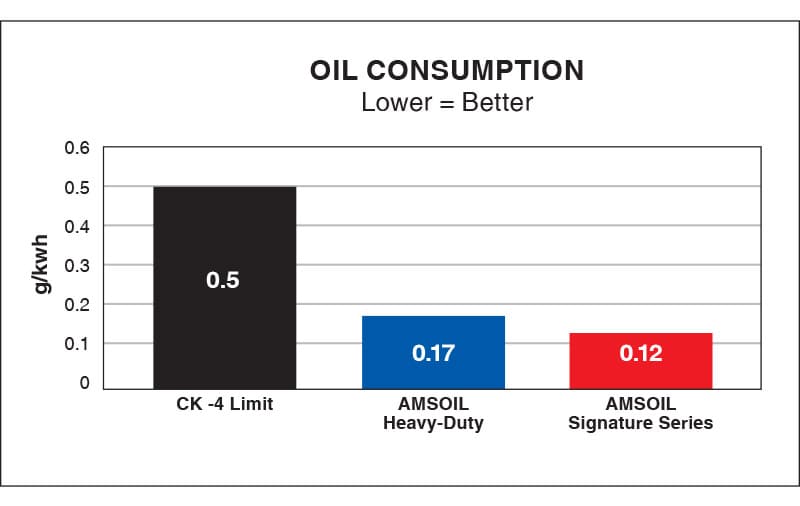
Key Features of API FA-4
API FA-4 oils bear several distinct features, particularly making them suitable for newer engine technologies.
Lower High-Temperature High-Shear (HTHS) Viscosity:
FA-4 oils have a lower high-temperature high-shear viscosity compared to CK-4 oils. This lower HTHS allows for better fuel economy because the oil flows more easily under high-temperature and high-stress conditions. Think of it like having a smoother ride on a newly paved road versus a bumpy old one.
Enhanced Fuel Economy and Emissions:
One of the main goals of API FA-4 is to improve fuel economy and reduce emissions. By improving the efficiency of engine lubrication, FA-4 oils help engines run cleaner and more efficiently. This is crucial for meeting stringent emissions regulations.
Targeted Use for Newer Engines:
FA-4 oils are specifically formulated for model year 2017 and newer diesel engines designed to comply with greenhouse gas (GHG) standards. This makes them ideal for fleet managers who are looking to maintain compliance with the latest regulations.

Not Backward-Compatible:
Unlike CK-4 oils, FA-4 oils are not backward-compatible. This means you shouldn’t use FA-4 oils in older engine models, as they might not provide the necessary protection or could potentially cause harm.
Improved Wear Protection:
Despite their lower viscosity, FA-4 oils provide enhanced wear protection, making sure that engine parts don’t grind against each other and wear out prematurely. They achieve this by using advanced additive technologies that provide robust protection in a thinner oil.
Oxidation and Stability:
FA-4 oils have improved oxidation stability, which helps in maintaining their effectiveness over longer drain intervals. This means the oil will last longer without breaking down, ensuring continuous protection and performance.
In summary, API FA-4 oils are a specialized category targeting modern, high-performance diesel engines. They offer a blend of improved fuel economy, lower emissions, and strong wear protection but are intended for specific, newer engine models. Understanding these key features helps in making informed decisions about diesel engine oil specifications.
Stay tuned as we continue to explore more about API CK-4 and FA-4 oils to help you keep your engines running smoothly.
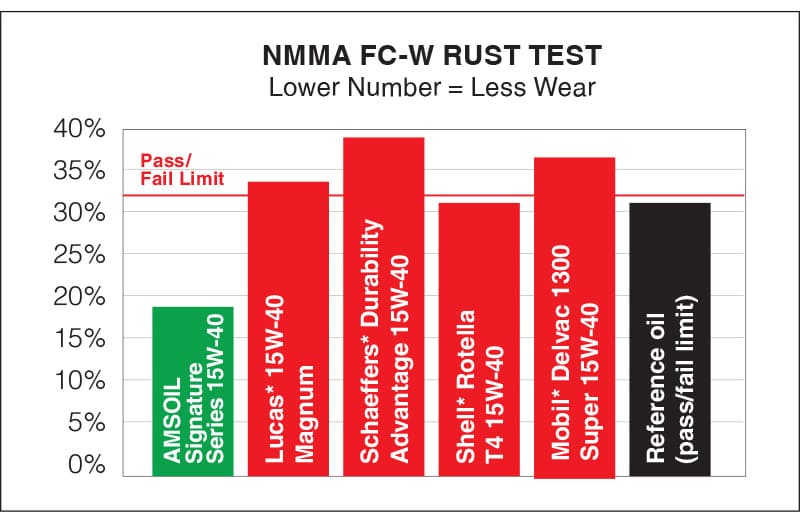
Comparison Between API CK-4 and FA-4
When it comes to understanding diesel engine oil specifications, knowing the difference between API CK-4 and FA-4 is crucial. Both of these specifications were introduced to improve the performance and efficiency of diesel engines, but each has its unique features and applications.
Compatibility and Usage
One of the most notable differences between CK-4 and FA-4 oils is their compatibility with different engines.
API CK-4:
Backward-Compatible: CK-4 oils are designed to work with new engines as well as older models. This means you can use CK-4 oils in engines that previously used CJ-4 oils.
Versatile Use: Ideal for a wide range of diesel engine applications, including trucks, buses, and off-highway equipment.
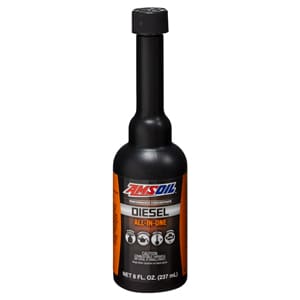
API FA-4:
Limited Compatibility: FA-4 oils are specifically formulated for 2017 and newer truck engines. They are not backward-compatible, which means they should not be used in older engine models.
Specialized Use: FA-4 oils are excellent for newer engines designed to meet stricter emissions and fuel economy standards.
Viscosity and Performance
Viscosity plays a key role in the performance of diesel engine oils. The difference in viscosity between CK-4 and FA-4 affects engine protection and fuel economy.
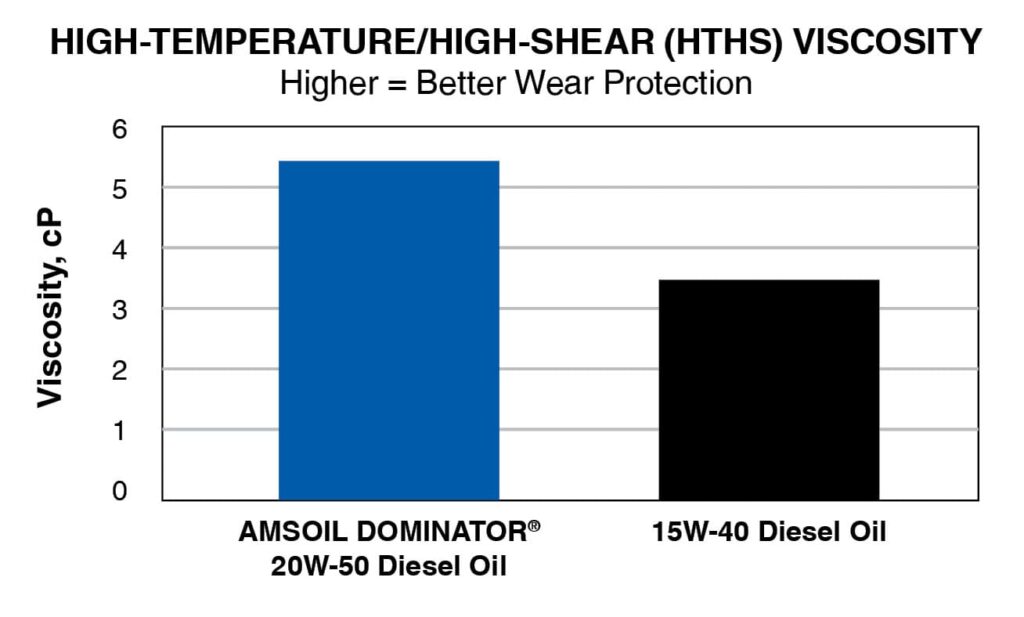
CK-4 Viscosity:
Higher Viscosity: CK-4 oils generally have a higher viscosity, which provides better shear stability and protects against wear and tear in high-performance engines.
Wide Temperature Range: Suitable for use in various temperature conditions, making them more versatile for different environments.
FA-4 Viscosity:
Lower Viscosity: FA-4 oils have lower viscosity, which helps improve fuel economy. However, this can also mean reduced engine protection compared to CK-4 oils.
Optimized for New Engines: Specifically designed to work with the tighter tolerances of new engine models, reducing emissions and improving efficiency.
Environmental Impact
Both CK-4 and FA-4 oils aim to lessen the environmental impact of diesel engines, but they do so in slightly different ways.
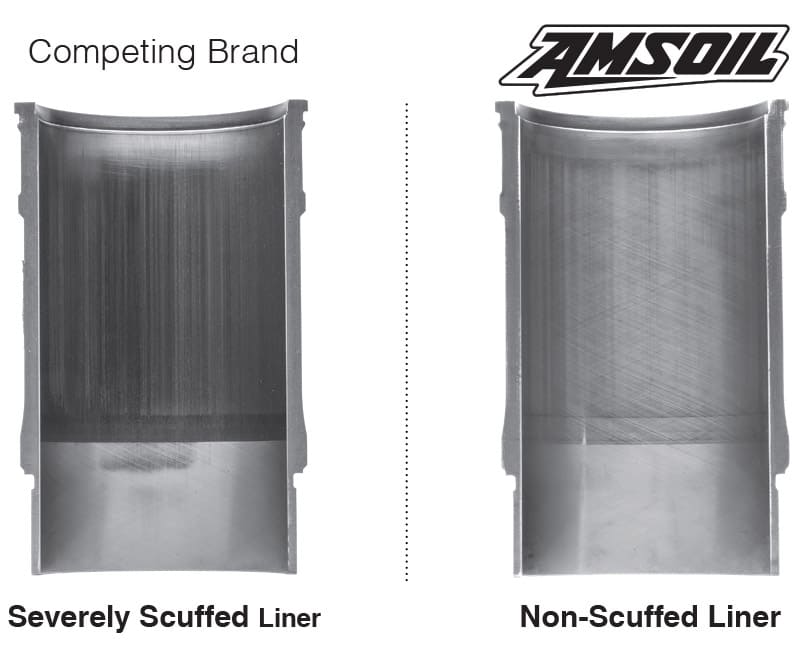
CK-4 Environmental Benefits:
Reduced Emissions: CK-4 oils help in reducing harmful emissions, but they are more focused on balancing engine protection and durability.
Oxidation Resistance: They offer improved resistance to oxidation, which prolongs oil life and maintains engine cleanliness.
FA-4 Environmental Benefits:
Fuel Economy: FA-4 oils are designed to enhance fuel economy significantly, leading to lower CO2 emissions.
Strict Emission Standards: They meet stringent new emission standards, making them suitable for the latest generation of low-emission engines.
Market Availability and Preferences
The availability and market demand for CK-4 and FA-4 oils vary, often influenced by the specific needs of different vehicle fleets.
CK-4 Oils:
Widely Available: CK-4 oils are more commonly available and cater to a broader audience due to their backward compatibility and versatile use.
Preferred Choice: Many fleet operators prefer CK-4 oils because of their proven performance and reliability across various diesel engines.
FA-4 Oils:
Specialized Market: FA-4 oils have a more specialized market, often favored by operators of newer, fuel-efficient engines.
Limited Demand: Due to their specific application and incompatibility with older engines, FA-4 oils have a more limited demand compared to CK-4 oils.
Understanding these differences helps in making informed decisions when selecting the right oil for your diesel engine. Whether you need the versatile and proven protection of CK-4 or the specialized and fuel-efficient benefits of FA-4, knowing these specifications will help ensure your engine performs at its best.

Features and Benefits of Synthetic Diesel Oil vs. Conventional Diesel Oil
When it comes to diesel engine oil, choosing the right type can make a big difference in performance and longevity. Let’s explore the features and benefits of synthetic diesel oil compared to conventional diesel oil.
Performance Advantages of Synthetic Oil
Synthetic oil has many benefits that boost engine performance and provide superior protection against wear. Here’s how it makes a difference:
Better Lubrication: Synthetic oil has a uniform molecular structure that reduces friction more effectively. This results in smoother engine operation and less wear on engine parts.
Enhanced Stability: Synthetic oils are more chemically stable. They resist breakdown under high temperatures, which keeps engines running efficiently, even under extreme conditions.
Cleaner Engines: Synthetic oil prevents sludge and deposit formation. Your engine stays clean, which helps maintain its performance over time.
Improved Cold Start Performance: Unlike conventional oils, synthetic oils flow better at lower temperatures. This means easier starts and quicker protection during cold weather.
So, if you’re looking for better engine performance and less wear, synthetic oil is a great choice.
Longevity and Maintenance Benefits

Choosing synthetic oil can also affect how often you need to change it and how you maintain your engine.
Extended Oil Change Intervals: Synthetic oil lasts longer. You won’t need to change it as often as conventional oil, which means less frequent trips to the mechanic.
Cost Efficiency: While synthetic oil may cost more upfront, its durability means fewer oil changes. This can save you money in the long run.
Reduced Engine Wear: Because synthetic oils provide better protection, they help extend the life of engine components. This means fewer repairs and replacements over time.
Efficiency in High and Low Temperatures: Synthetic oils maintain their viscosity across a wider range of temperatures. This consistency helps your engine run more efficiently, whether it’s hot or cold.
By using synthetic oil, you can improve your engine’s longevity and make your maintenance routine more efficient.
Understanding diesel engine oil specifications like API CK-4 and FA-4 is crucial for making informed decisions about engine oil. API CK-4 is designed for both current and older engines, providing better wear protection and stability. On the other hand, API FA-4 aims for enhanced fuel economy and lower emissions but is only suitable for certain newer engines.
Conclusion
Understanding diesel engine oil specifications, particularly API CK-4 and FA-4, is essential for maintaining optimal engine performance. These specifications set new benchmarks in reducing emissions and enhancing fuel economy.
API CK-4 is versatile, suitable for both current and older diesel engines, offering backward compatibility and significant protection. API FA-4, tailored for newer 2017 and beyond trucks, focuses on reducing emissions and improving fuel efficiency.
When choosing engine oil, consider these specifications to ensure your diesel engine runs efficiently. For reliable options, explore products like AMSOIL’s CK-4 offerings. Your engine’s longevity and performance depend on making informed oil choices.

